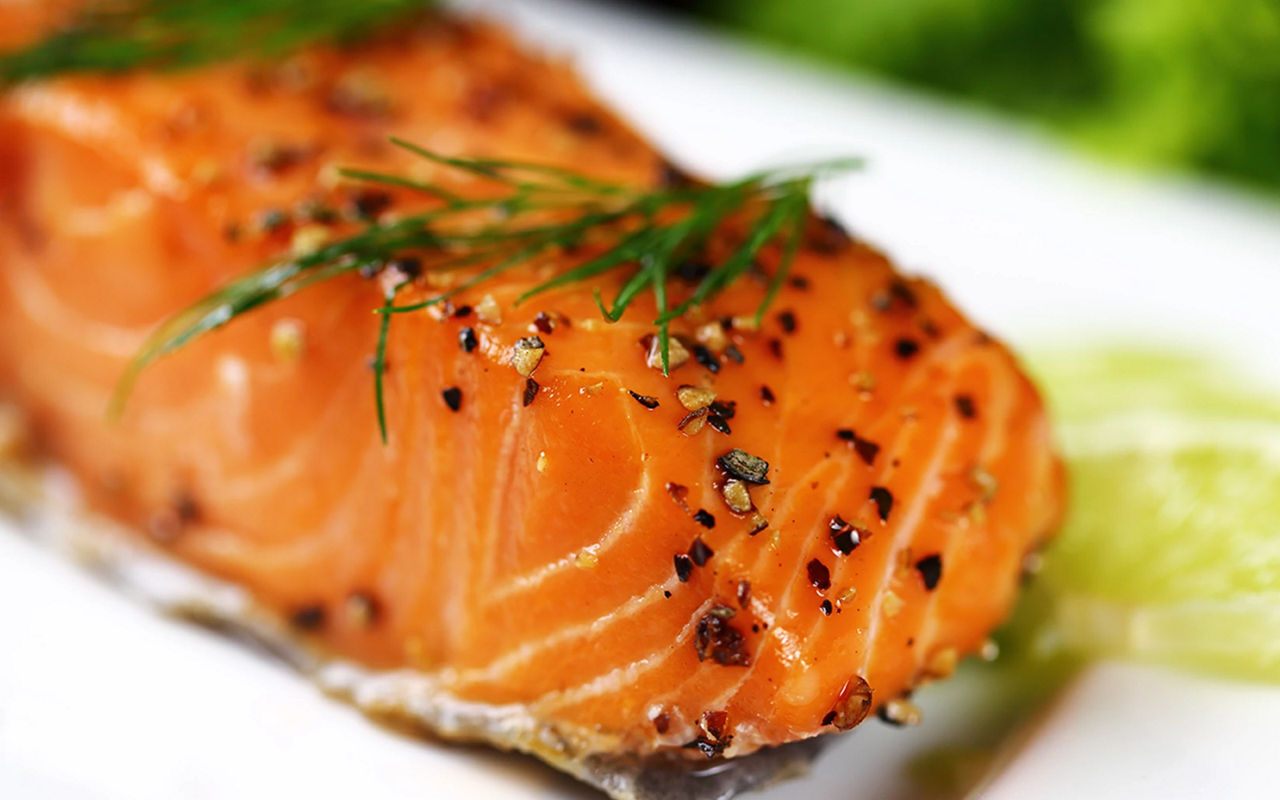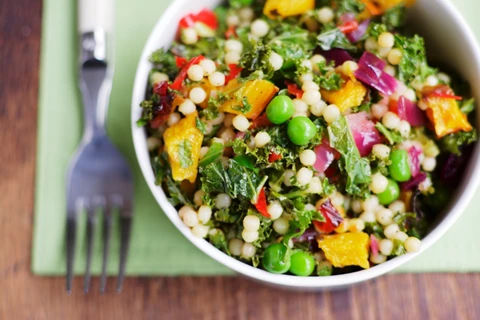How allergies can affect you and your baby in pregnancy
It’s not uncommon to experience changes in your allergic symptoms or reactions during pregnancy. Continuing with prescribed medication is advised, while looking after your general health and eating a healthy, balanced diet can help you manage the symptoms.

How pregnancy affects your allergies
If you’ve noticed a change in your allergic symptoms or reactions since you’ve been pregnant, you’re not alone. It’s not uncommon for expectant mums to experience either an increase or reduction in symptoms. This is thought to be due to changing hormone levels. If your symptoms increase, you should speak to your GP. Otherwise, remember to let your midwife know about your allergies at your first meeting, known as the ‘booking appointment’, so they can be added to your pregnancy notes.
If you're concerned that you may not be getting the right nutrition, you can ask your GP to refer you to a dietitian.
Managing your allergies in pregnancy
Whether you’re planning to get pregnant or are already, it’s a good idea to review your allergy medication with your GP. This gives them the chance to decide what you can continue with and what may need to be changed during pregnancy and breastfeeding.
If you’re taking prescription medication for your allergy, it’s important that you continue to do so until you’ve spoken to your GP. Suddenly stopping medication that you use regularly, like an inhaler for asthma, can cause symptoms to escalate, which can be dangerous. Likewise, if you have a food allergy or intolerance, eliminating certain foods from your diet can stop you from getting all the nutrients you both need. If you’re concerned that you may not be getting the right nutrition, you can ask your GP to refer you to a dietitian.
If your usual medication isn’t safe during pregnancy, there are plenty of other remedies and treatments available for allergy sufferers that are safe. Over-the-counter medicines, such as antihistamines, provide relief for many expectant mums. Just remember to check with the pharmacist first.
Whether you're planning to get pregnant or are already, it's a good idea to review your allergy medication with your GP.
The risks – dos and don’ts
Every mum wants the best for her baby, but it shouldn’t be at your expense – your general health is as important as theirs. These tips can help you avoid any potential risks to either of you:
Dos:
- Check with your GP that your allergy medication is safe during pregnancy
- Eat a healthy, balanced diet to help you both get the nutrients you need
Don’ts:
- Stop regular allergy medication as it can suddenly escalate symptoms
- Smoke during pregnancy as it can make the symptoms of allergies, that children later develop, more severe
- Drink alcohol. If you do, limit your intake to two units once or twice a week

It's thought that some fish oils may have a preventative effect, but you should limit your intake to two portions a week.
Can certain foods help prevent allergies?
Current research suggests that certain foods may have allergy prevention properties2. However, eating vast quantities of these foods will not protect your baby from food allergies, so always eat a healthy balance.
Fish oils
It’s thought that some fish oils may have a preventative effect, but you should limit your intake to two portions a week. If you decide to take a fish oil supplement, avoid any containing vitamin A, such as cod liver oil, as it can harm your developing baby.
Fruit and Vegetables
There is some evidence to suggest fruit and vegetable intake may help to protect against the development of breathing problems and allergy2.
Vitamins and Minerals
Vitamins C, D, E and folate have been suggested to have a role in allergy prevention however further evidence is required2.
How your allergies may lead to cows’ milk allergy
As an allergy sufferer, there’s a strong likelihood that your baby will have allergic tendencies too1. However, they may have different allergies to yours, and cows’ milk allergy (CMA) could be one of them. CMA is an allergy to the protein in cows’ milk, and while it only affects 2–7.5% of babies3,4, it’s worth knowing the symptoms as it can affect both breastfed and bottlefed babies.
CMA symptoms to look out for

The symptoms of CMA can be difficult to recognize because they may occur immediately after consuming cows’ milk or much later on. Common signs to look out for include:
- Skin rashes or eczema
- Vomiting, diarrhoea or colic
- Respiratory problems such as wheezing
- Excessive crying
More related articles

Need some help?
You can get quick answers to common questions in our FAQs.
Alternatively, if you need help with general pregnancy or baby advice, or maybe on using or ordering our products - our expert team are always on hand to talk about feeding your baby.
1. ACT on cows' milk allergy. Food allergic reactions [Online]. Available at: www.cowsmilkallergy.co.uk/What-is-CMA/Food-allergic-reactions [Accessed: September 2014].
2. Shaw V (ed). Clinical Paediatric Dietetics. 4th ed. Oxford: Wiley Blackwell, 2015.
3. Hill DJ et al. Manifestations of milk allergy in infancy: clinical and immunologic findings. J Pediatr 1986;109:270-6.
4. Høst A et al. Frequency of cows' milk allergy in childhood. Ann Allergy Asthma Immunol 2002;89(6 Suppl 1):33-7.
Last reviewed: 19th July 2017



